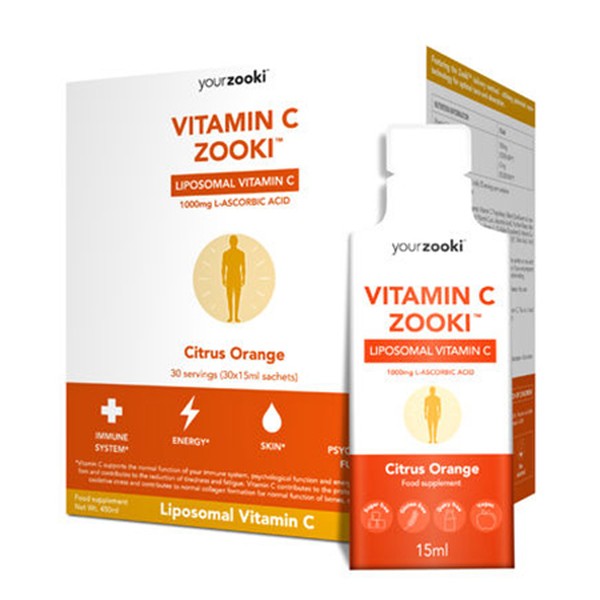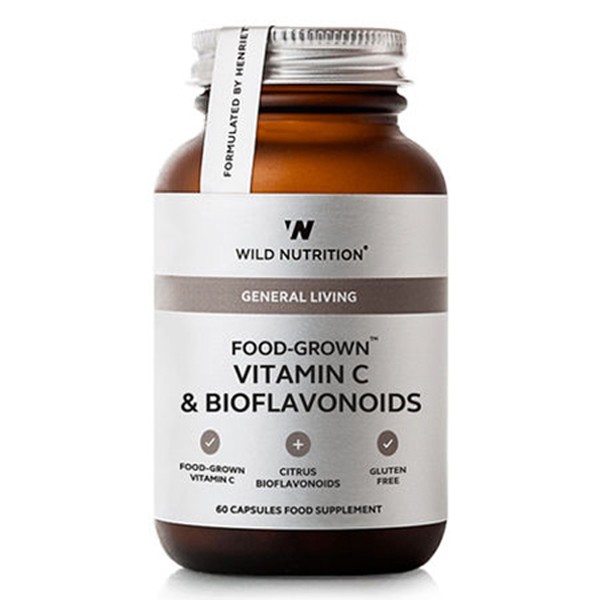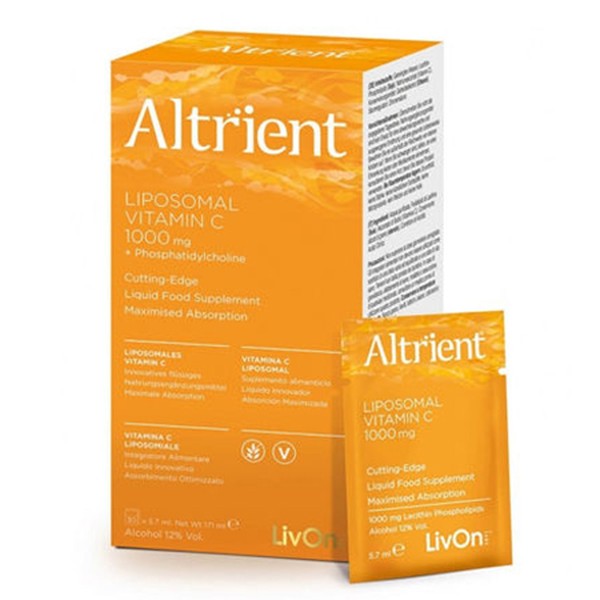6 Facts About Vitamin C
POPULAR BELIEF: It Wards Off Colds
FACT: A major meta-analysis by the Cochrane Library health database considered all studies looking at the impact of taking supplements on the common cold. It revealed that, if you take vitamin C regularly, you’ll probably get the same number of colds, but they won’t last quite as long. But timing is key: the Cochrane report suggests taking high doses of vitamin C after you start to show cold symptoms has no effect on the duration or severity of the cold itself. “Aim for a preventative dose of 500-1,000mg as soon as you start to feel run down,” advises Dr Johanna Ward, founder of ZENii Skincare.
POPULAR BELIEF: More Is Better
FACT: Yes and no. “The recommended daily dose of vitamin C for an adult is 70-90mg (smokers need around 120mg) but many doctors agree the recommended level is low and higher doses are beneficial. Anything up to 1,000mg a day will be absorbed and tolerated by the body, but any surplus will be lost in urine because vitamin C is water soluble. You’ll know if your dose is too high because, once you reach the threshold, you may suffer from diarrhoea and stomach cramps,” says Johanna. Dr Jenny Goodman, author of Staying Alive in Toxic Times, also believes we could benefit from a higher dose, saying 80mg is enough to ward off scurvy but not enough to ward off infections. It’s often ignored that the vitamin C we ingest is destroyed by tea, coffee, alcohol, paracetamol and stress.
POPULAR BELIEF: Our Bodies Produce Vitamin C
FACT: Vitamin C is essential for so many reasons, but our bodies don’t produce it. That’s why it’s important to make sure we’re getting enough of it from external sources, whether they be in food or via a supplement. “Humans lost their ability to manufacture vitamin C somewhere along the evolutionary path, so it’s absolutely crucial to include it in our diet every single day,” explains Johanna.
POPULAR BELIEF: Citrus Fruit Is The Best Source
FACT: Contrary to popular belief, oranges do not have the highest levels of vitamin C. According to Henrietta Norton, nutritional therapist and founder of Wild Nutrition, “Better sources include peppers, kale, broccoli, Brussels sprouts, watercress and red cabbage. Build in colour with a mix of seasonal fruits and vegetables – which are also rich in phytonutrients – for a supercharged immune boost.” For reference, half a red pepper will provide you with 100mg of vitamin C, while an 80g serving of broccoli will provide 63mg, and 100g of watercress contains 45mg.
POPULAR BELIEF: All Supplements Are Created Equal
FACT: Jenny warns against the astonishing amounts of fillers, binding agents, thickeners and preservatives that are added to thousands of supplements. She advises taking time to read the ingredients list on a supplement and avoid buying in the supermarket or chemist; try a health food shop instead. Johanna suggests trying liposomal vitamin C, which uses clever technology to boost absorption. Liposomal technology delivers the vitamin – in this case vitamin C – directly to cells. Look to brands like Altrient C and Your Zooki for high-quality liposomal supplements.
POPULAR BELIEF: It’s Only Beneficial For Immunity
FACT: Vitamin C is integral to our health, helping to support not just immunity but also energy levels and glowing skin. As Henrietta explains, vitamin C is crucial to keeping us feeling alert and well: “The highest concentration of vitamin C is in the adrenal glands, providing the ingredients to make the hormones cortisol and adrenaline. These hormones tend to get a bit of negative press when we label them ‘stress’ hormones, but cortisol and adrenaline are both essential for energy and a healthy nervous and immune system.” Johanna also champions vitamin C as one of the most potent antioxidants, saying it can help to fight free radicals and ward off inflammation and disease. Vitamin C is also a vital co-factor for collagen production, so a healthy intake will keep skin strong and more youthful in appearance.



DISCLAIMER: We endeavour to always credit the correct original source of every image we use. If you think a credit may be incorrect, please contact us at [email protected].


